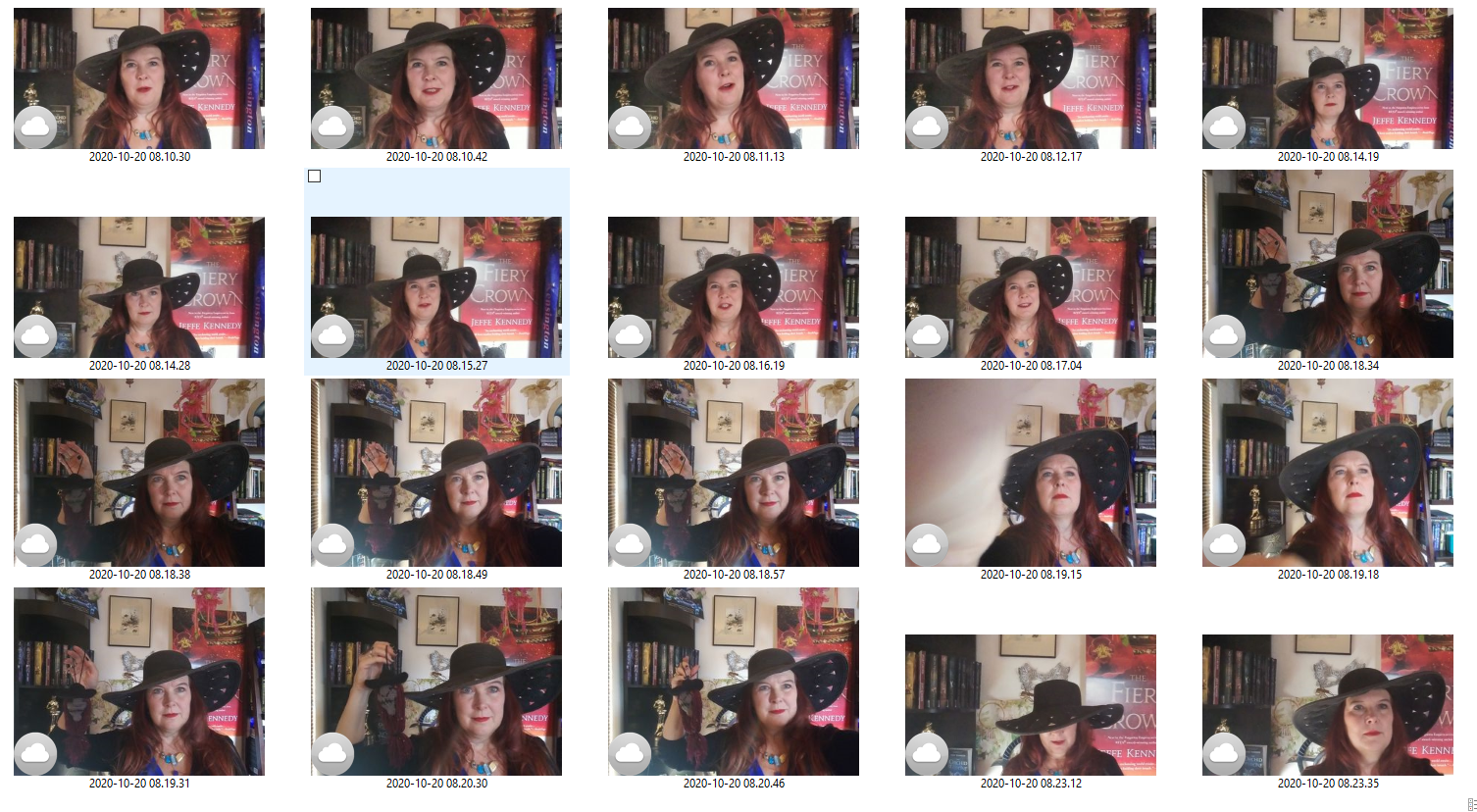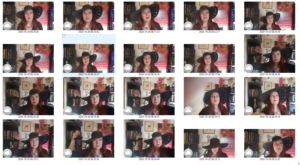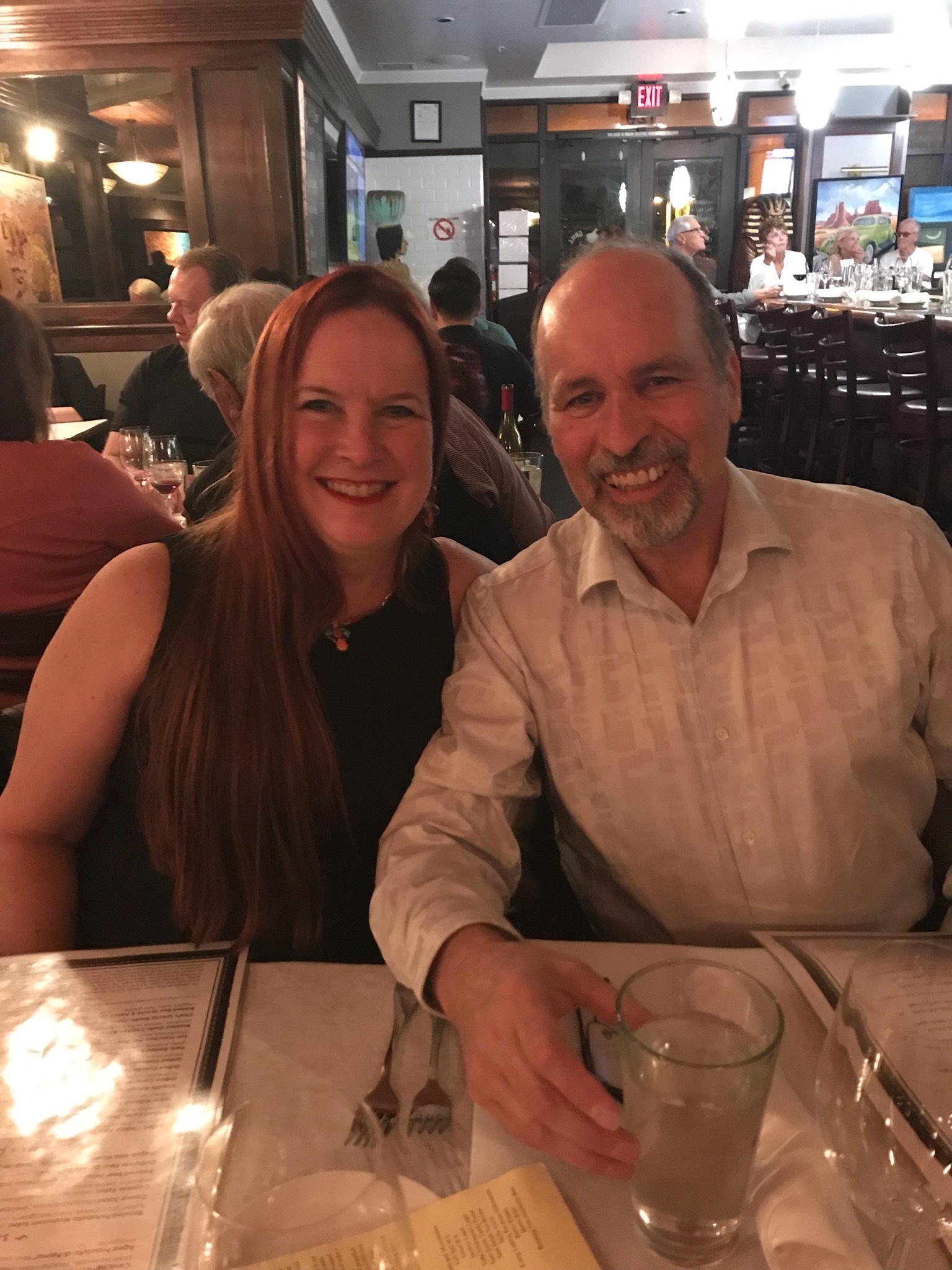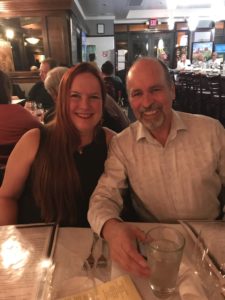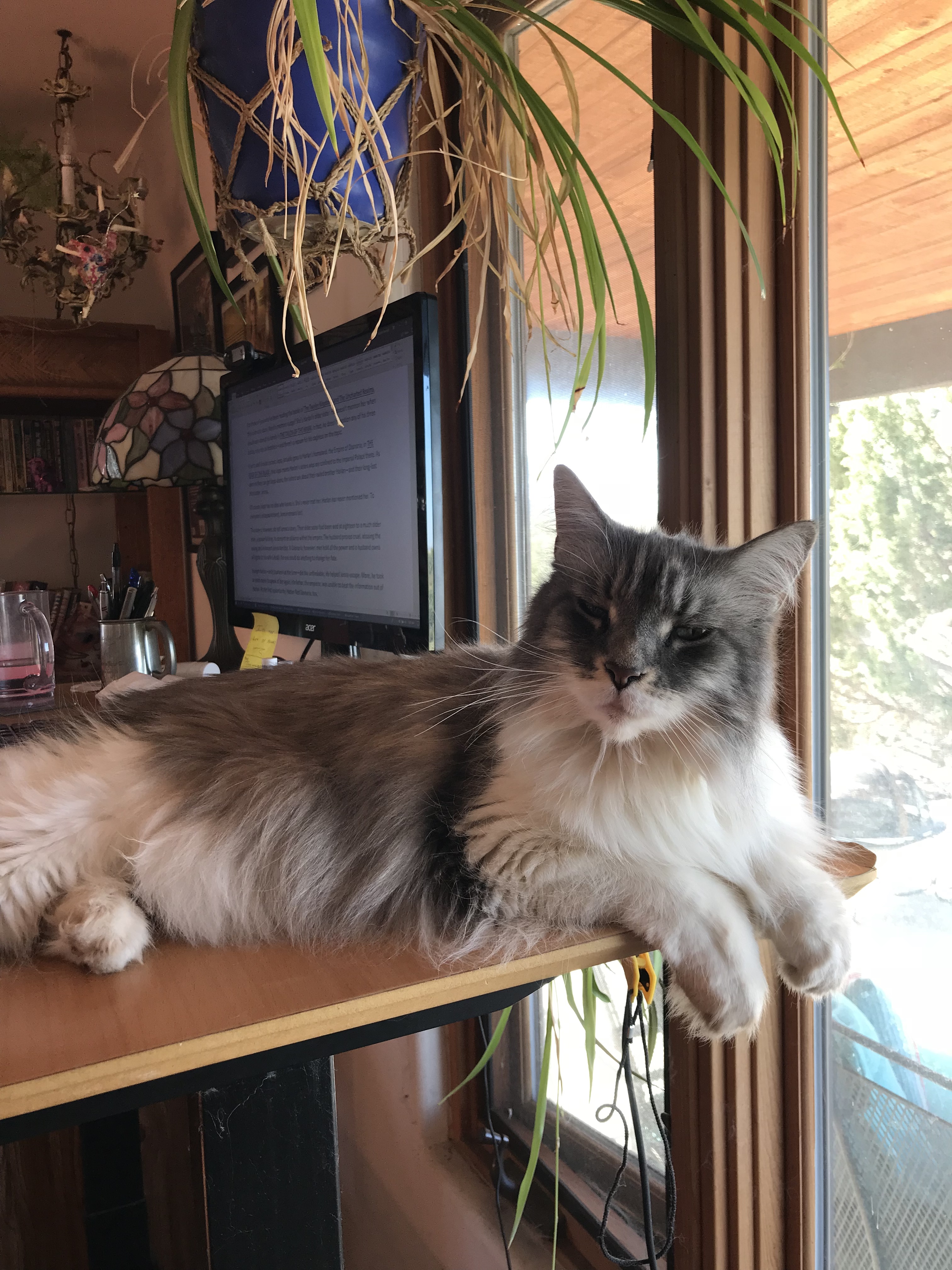
Our topic at the SFF Seven this week is somewhat cryptic, at least how it’s noted on our calendar: Long books – how not to get bored.
It’s not entirely clear to me who’s attempting to avoid boredom here. The writer? The reader?
Hopefully not the reader! Most of us readers who love to read long books are totally in it for the long, for the full immersion into another world, living other lives. I suspect the principles for writing a long book that won’t bore readers are the same as writing *anything* at all. We never want to bore readers.
So, I’m going to assume we’re asking about getting bored writing long books. How to avoid that?
You can’t.
Sorry, but… sometimes writing is boring. Sometimes it’s fun. Sometimes it’s agonizing. Writing novels, especially very long ones, requires a particular skill set of paying attention to, and working incrementally on, a work that takes a very long time to complete.
The whole point is not to try to avoid boredom with the process. The point is to revise your expectations.
Writing is work. This is why there are so many people who SAY they always wanted to write a novel and such a vanishingly smaller percentage who have. An even smaller percentage of that subset ever write more than six books. It’s hard work and there’s a reason we distinguish work from fun. Writing may be occasionally fun, but it’s always work.
What’s important to keep in mind is that the experience of writing is not the experience of reading. Don’t conflate the two. One of my least favorite pieces of “writing advice” is the saw that “if the writer is bored writing it, the reader will be bored reading it.”
NOT TRUE.
Writing takes vastly longer than reading. Every one of us who has spent months writing a book that releases at midnight and then wakes up to comments from readers who read it overnight understands this truth viscerally. Writing a novel, especially a long novel, requires patience and attention over a long span of time.
So: don’t worry about finding ways to not get bored while writing long works. Accept that boredom is part of the process. It’s part of the price we pay.

